Update: TON Tact Smart Challenge #2 has been postponed. More information here.
Please note: CodeTON Round 8 (Div. 1 + Div. 2, Rated, Prizes!) will take place as scheduled. We will be glad to see you among the participants!
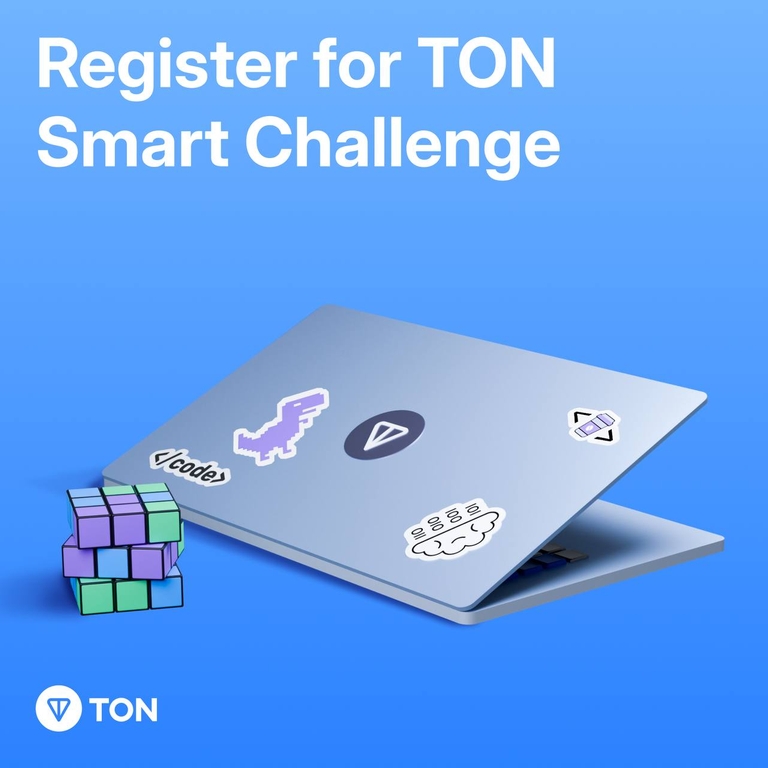
Hello, Codeforces!
Have you heard about TON Tact Smart Challenge #2? It's an amazing competition organized by our title sponsor, the TON Foundation in their ecosystem.
This challenge is designed to engage participants in creating a decentralized social network prototype utilizing the Tact smart contract language. The project consists of five stages, each aimed at implementing a core feature of the social network, from user profiles to decentralized management.
We encourage the Codeforces community to participate in this contest. Dive deep into the world of TON Blockchain and explore the limits of what's possible.
Challenge starts on March 25, and lasts until April 3. To enter the challenge, register through @smartchallengebot. You'll receive all the essential details, including start times, submission guidelines, and insights into the challenge stages.
For more information, visit this page.
The scoring system is simple:
Each stage can bring you a max of 6 points. You get 5 points for solving a stage. You get an extra point if you solve it without using any gas.
Minimum amount of points to be eligible for the prize is 6 points.
Prizes:
- $7,000 in TON — The top 15% of eligible participants
- $7,000 in TON — The middle 30% of eligible participants
- $6,000 in TON — The bottom 55% of eligible participants
Impressive, right? Hurry up and join!
Good luck!








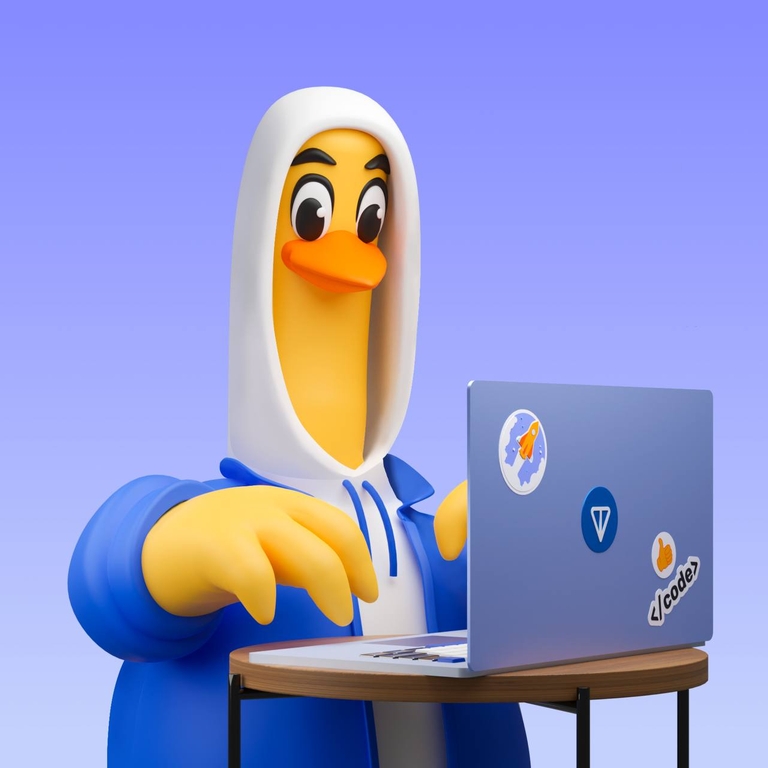
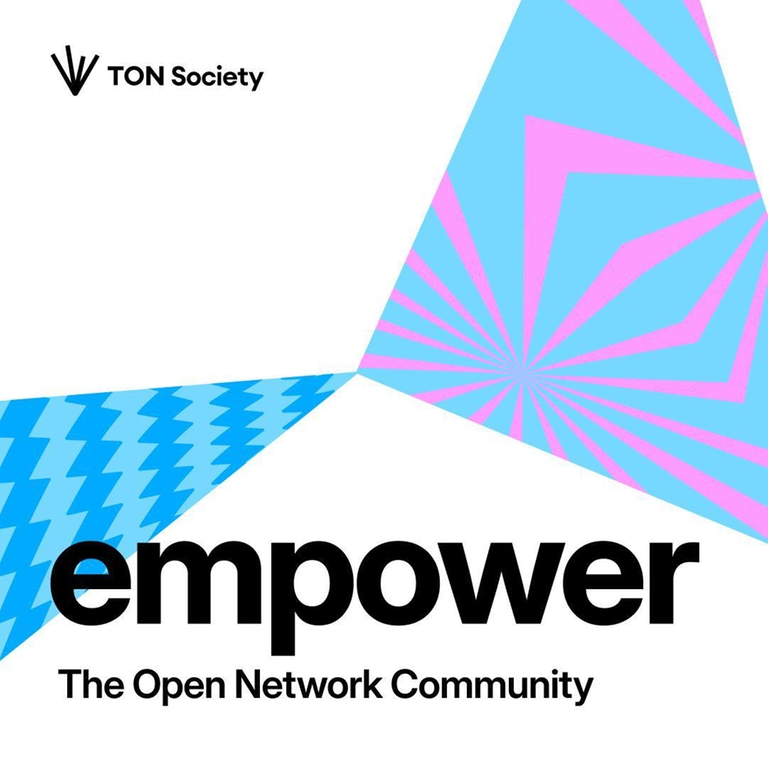
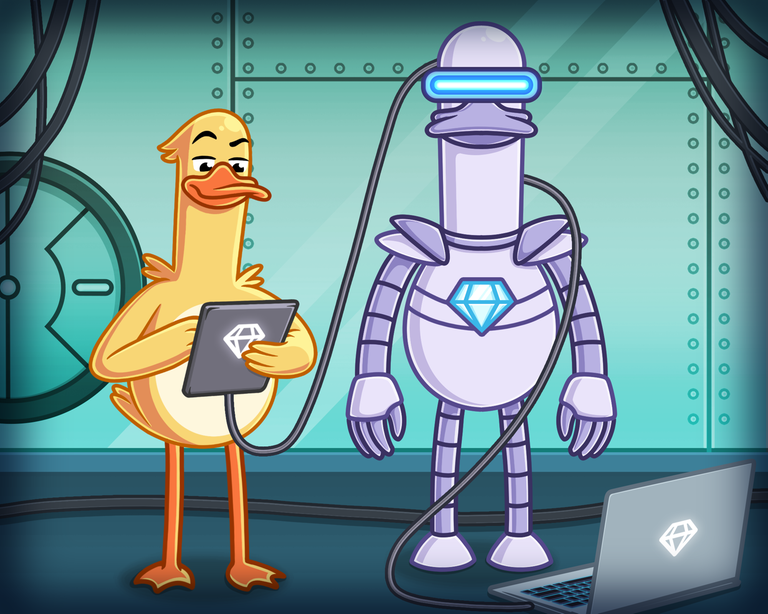
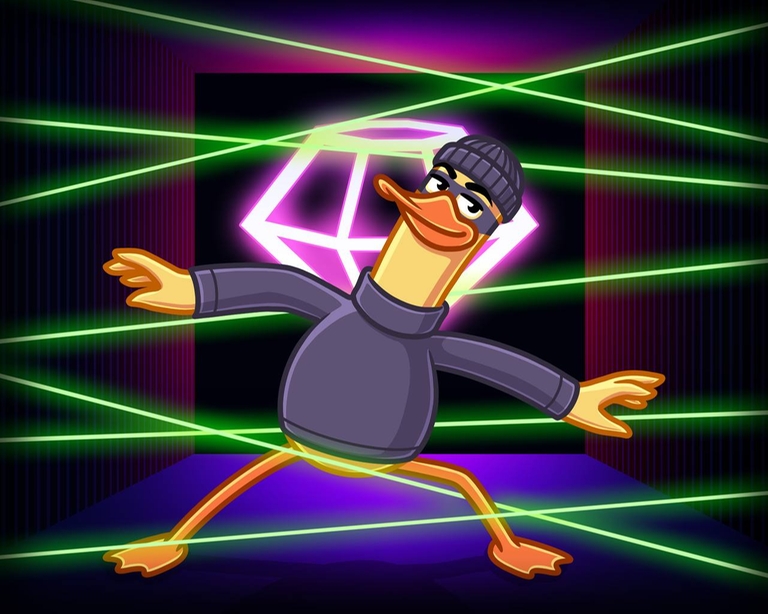
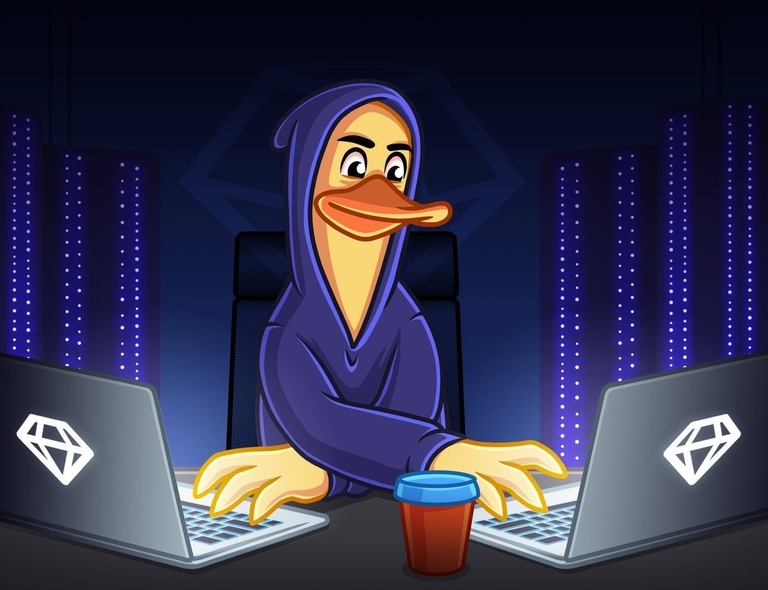
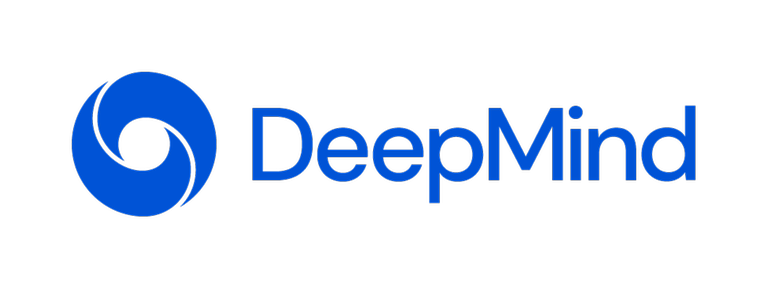


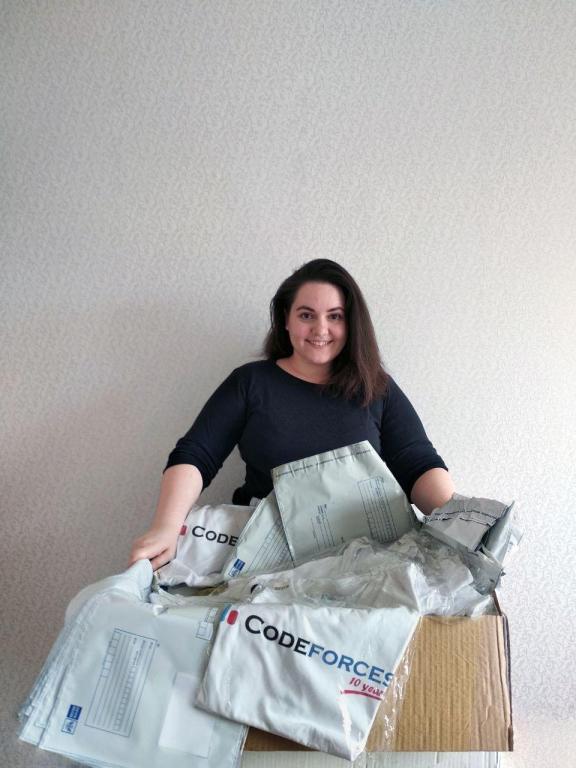
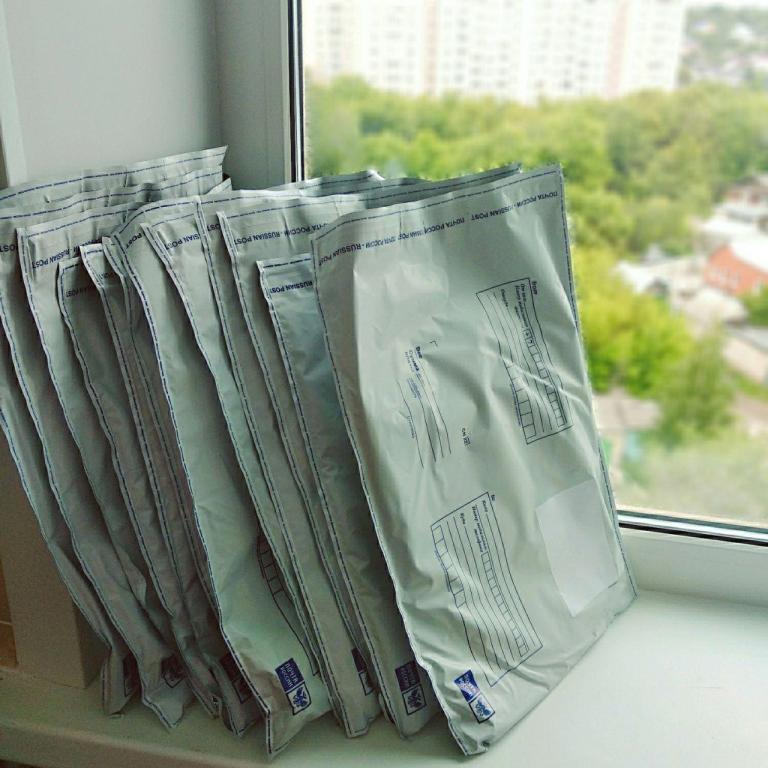
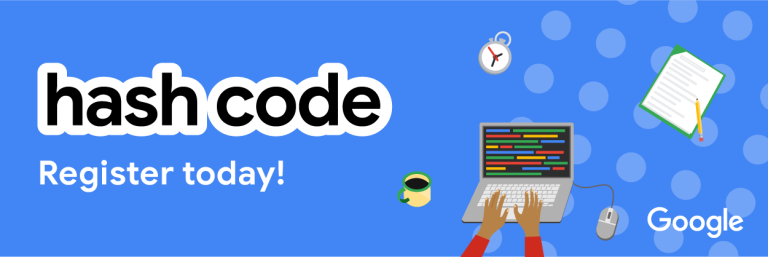
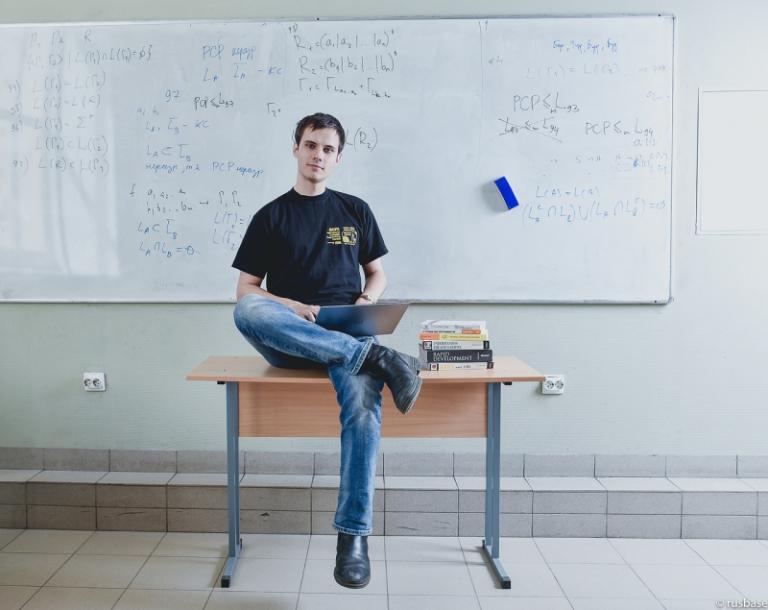
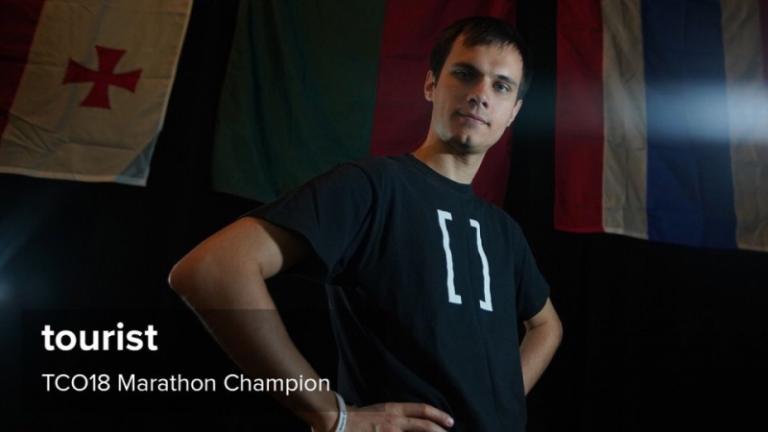
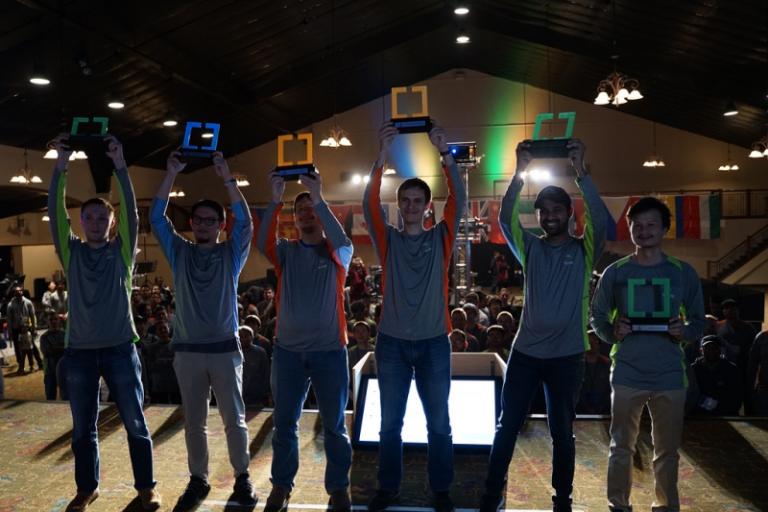
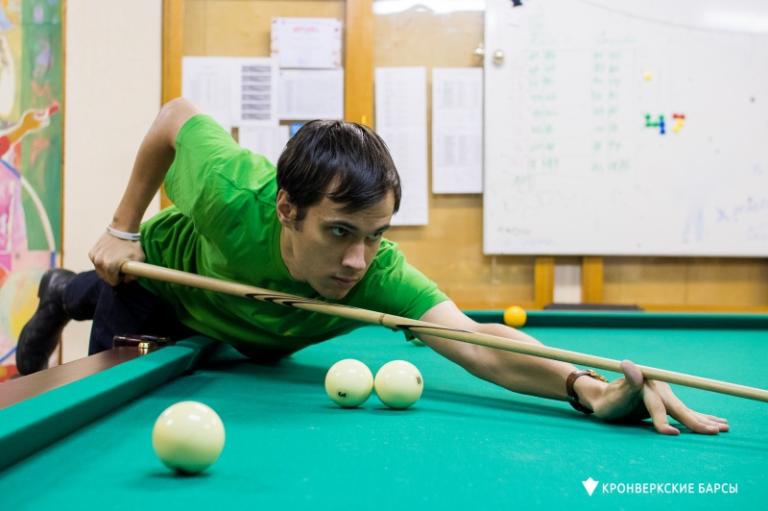
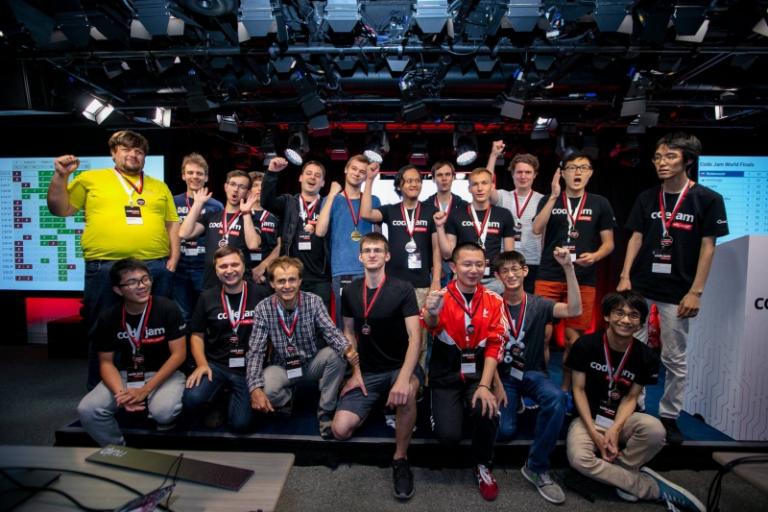
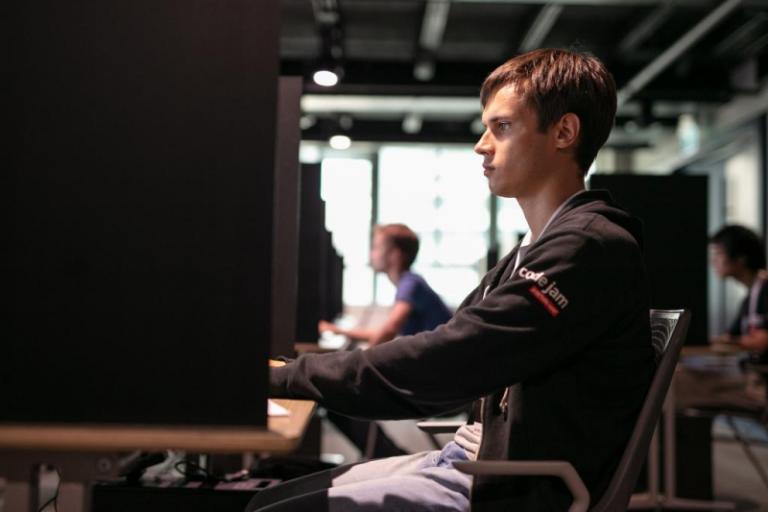
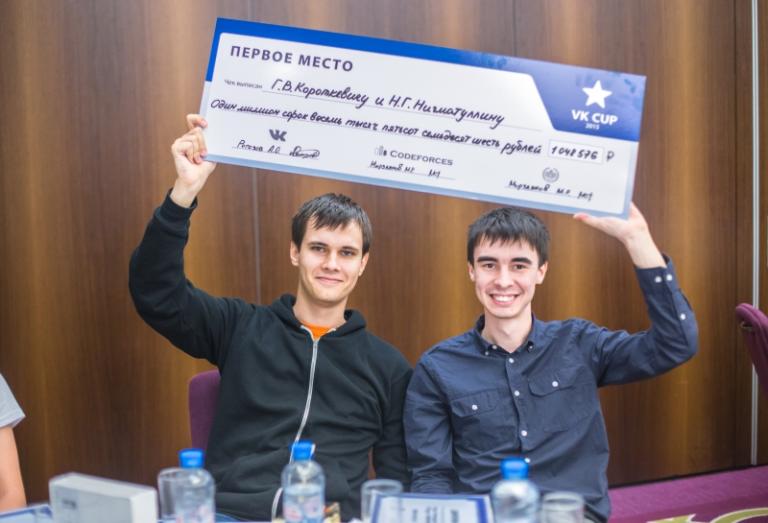
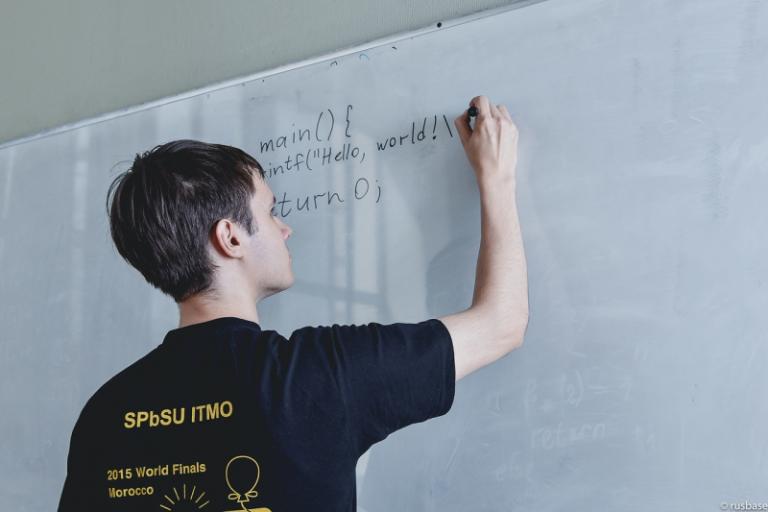 Gennady Korotkevich. Credit: rb.ru
Gennady Korotkevich. Credit: rb.ru
